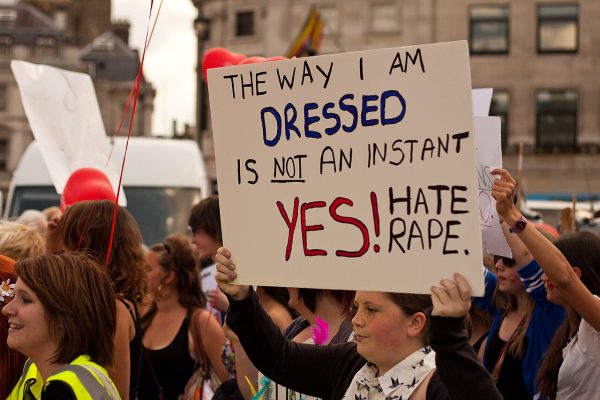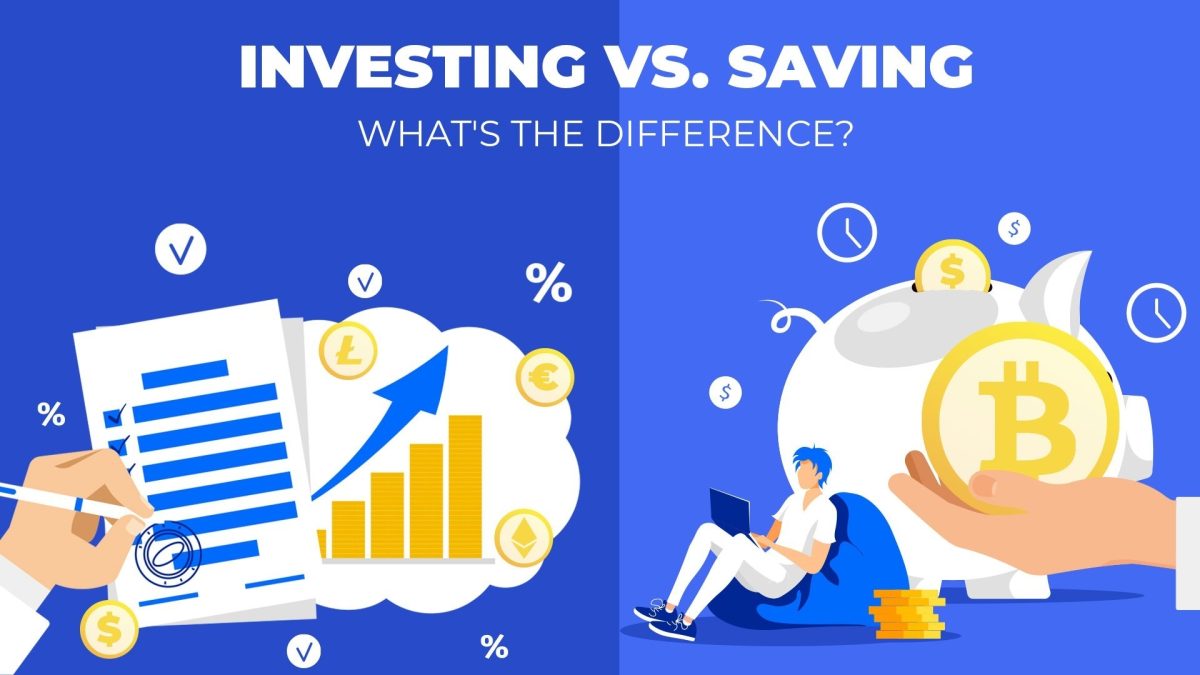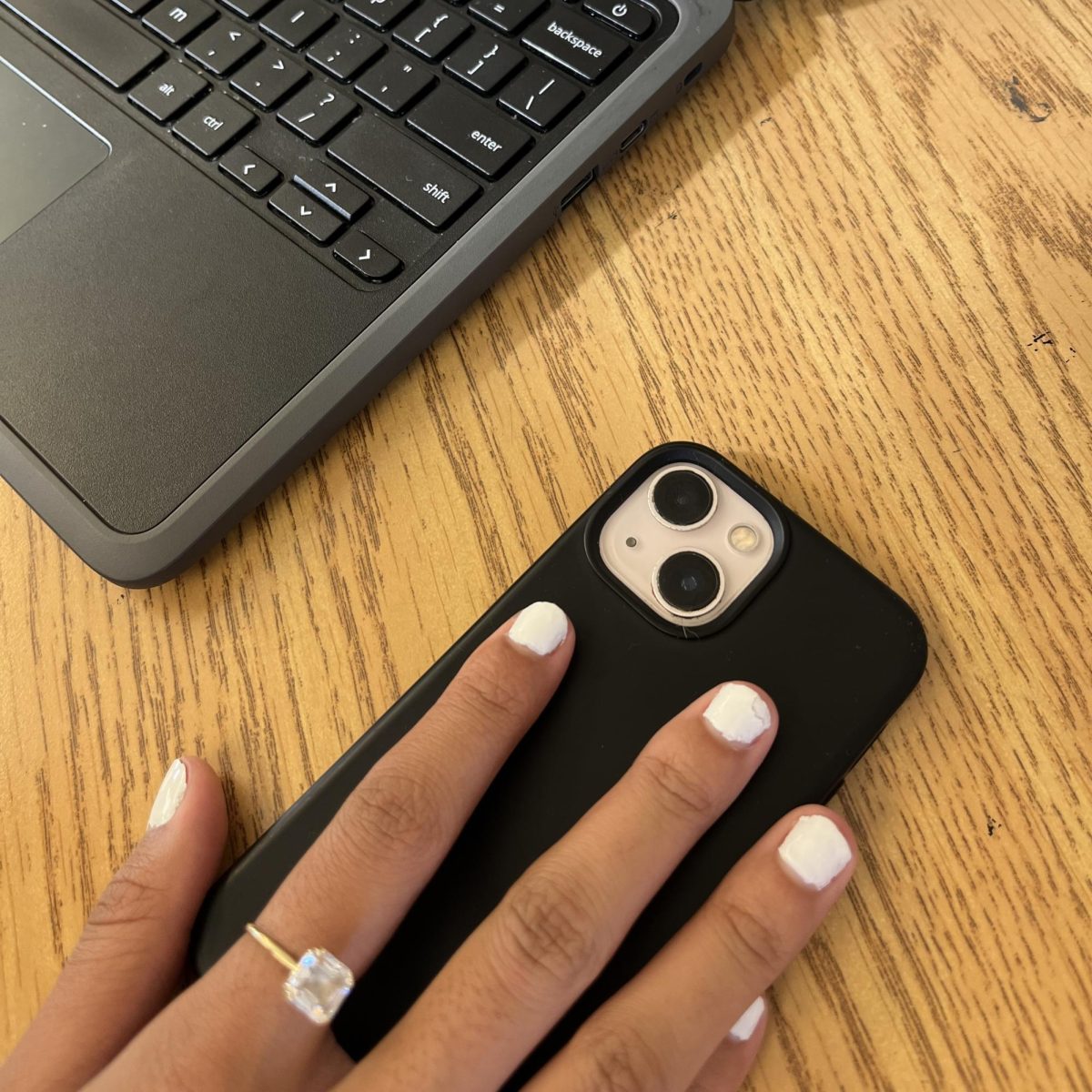In this society, we have long adhered to gender norms, and those who present themselves as female often face challenges and dangers. The act of being “fem-presenting”, the choice to express oneself as female through clothing, behavior, and physical presentation, has become an increasingly complicated area. For many, being fem-presenting is an act of self-expression, empowerment for oneself, or even defiance against the standards of what gender is. Fem-presenting individuals face heightened risks, from being catcalled to sexually assault/raped, which is crucial to understand in the context of a discussion about gender roles and societal norms.
Now, not every fem-presenting person has been sexually assaulted, but every fem-presenting person is aware that there are people, normally males, who could try something that they do not consent to. The male defense for when something does happen is when you will most likely hear, “It’s our hormones, we can’t control it!” or “She was asking for it because she was wearing that.” to try and justify what they’ve done. A student by the name of Hara Knapik has said “On the hormonal argument, I think it is a fallacy because of the fact that men and women are psychological while men do tend to be more aggressive as it is when it comes to things like this, I do not think that that impedes all reason that a man might have been looking argument like you were asking for it stuff, like that it’s just simply not true because clothes, like most things, are a result of cultural norms, and the way you are associated with clothes is also a result of those cultural norm,s and kind of, I don’t want to say social construct because that implies that we shouldn’t wear clothes, but social construct. In some cultures, more revealing clothing might not be seen as sexual, while here (in America) it definitely is, and because of that, I do not think that that argument works in any regard,” arguing that their defense is not justified at all.

Femininity, as a gendered construct, has been historically linked with being submissive, fragile, and beautiful. These associations have created expectations for how people who present as female should behave and interact with others. Fem-presenting individuals often find themselves under intense scrutiny, feeling like their worth is not just associated with their personality or skills but to their appearance and the harsh beauty standards. These extreme societal expectations create pressure, especially for fem-presenting people, although most of those who are female, to maintain a level of physical attractiveness that is often subjective or exhausting to keep up with. Social media, in particular, show these ideals, with an emphasis on flawless skin, slender bodies, and perfect styling of the hair and outfits, all of which are almost impossible to keep up with every day.
The pressure to conform to these ideals can have psychological consequences. Studies have shown that women, especially those who feel they aren’t good enough for or at something, are at higher risk for anxiety, depression, and low self-esteem. Fem-presenting individuals may feel trapped in a cycle of watching themselves, constantly adjusting their behavior and presentation to meet the demands of the world. The danger here lies in these ideals that can suppress one’s true self and personality, limiting the ways in which one can truly express oneself.
Perhaps the most dangerous aspect of being fem-presenting is the heightened risk of violence and harassment. Misogyny and sexism are still very prominent, and those who present as feminine are often treated as targets of aggression or violence. A student, Ashe Wrockrage, has expressed “In school no, but like- the subway 100% like, I remember I think it was me and my friend going to Pride you know, just like, the worst place to get cat-called, but he was like ‘Porno!’ or something like that and then we just moved on with our day…” Fem-presenting individuals, particularly women, experience harassment in many forms, from verbal abuse to physical assault. Another example from the student Zakayiah Stancil is “…I think this was like when I was walking back I was going to get donuts near my house, then there are these two men talking, I guess about like- I don’t really know like teaching like sexual education to like 1-year-olds or whatever and then they just like- kind of look me, like a weird look you know? Then the other day I was on the train I was like sitting, it’s like 2:00 p.m. so there weren’t like- not a lot of people out in the first place you know like we’re not all of you on the train, I was glad too because I know the main rush hour is three to five, and I was on the train, and there was somebody who came like all close to me and asked my number and I said no obviously because you look like an old man that’s a child so you know, and he was very persistent and I was like- contemplating getting off but I really didn’t want to because it was like- a local stop so I stayed and he ended up getting off but it was very like- I had to put my phone down obviously and I was watching him.”
Another risk that comes with being fem-presenting is the constant objectification that comes with living in a world shaped by the “male gaze.” Feminist theorist Laura Mulvey introduced the concept of the “male gaze” to describe how women in media and culture are often viewed through the lens of male desire. Fem-presenting individuals may find their value reduced to their appearance, resulting in a lack of personality. This objectification is not limited to media representation but also exists in daily life, where women’s bodies are often scrutinized, commented on, and judged.
The male gaze can strip people of their individuality, reducing them to just beauty or desirability. This objectification can lead to the ignorance of their talents, intellect, and total humanity. For fem-presenting individuals, especially those who may not fit conventional, they fight so they be recognized for who they are rather than what they look like.
In our current times, it is of the utmost importance that people are aware of what it is like to be fem-presenting and the effect that catcalling, sexual assault, etc, can have. It is also important for fem-presenting people to know that they are not alone, 1 in 6 fem-presenting Americans have been sexually assaulted in some way or another. Another important thing to remember is that sexual assault doesn’t just happen to fem-presenting people but also male-presenting people. 1 in 33 male-presenting people are sexually assaulted, and while it is not as common, it does still happen.
Fem-presenting people shouldn’t have to be in fear from the minute they step outside. They should be able to walk around in dresses and skirts without being worried a man will try to sexually assault them. The dangers are very real, and while people say “not all men,” they fail to forget to say “but all women”.









